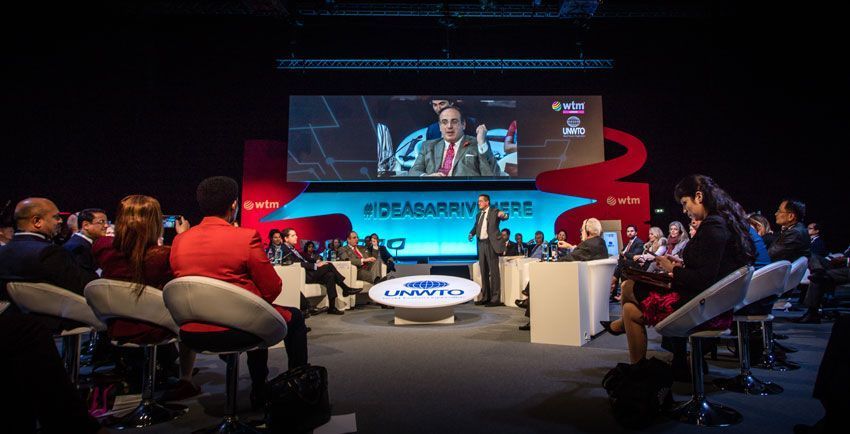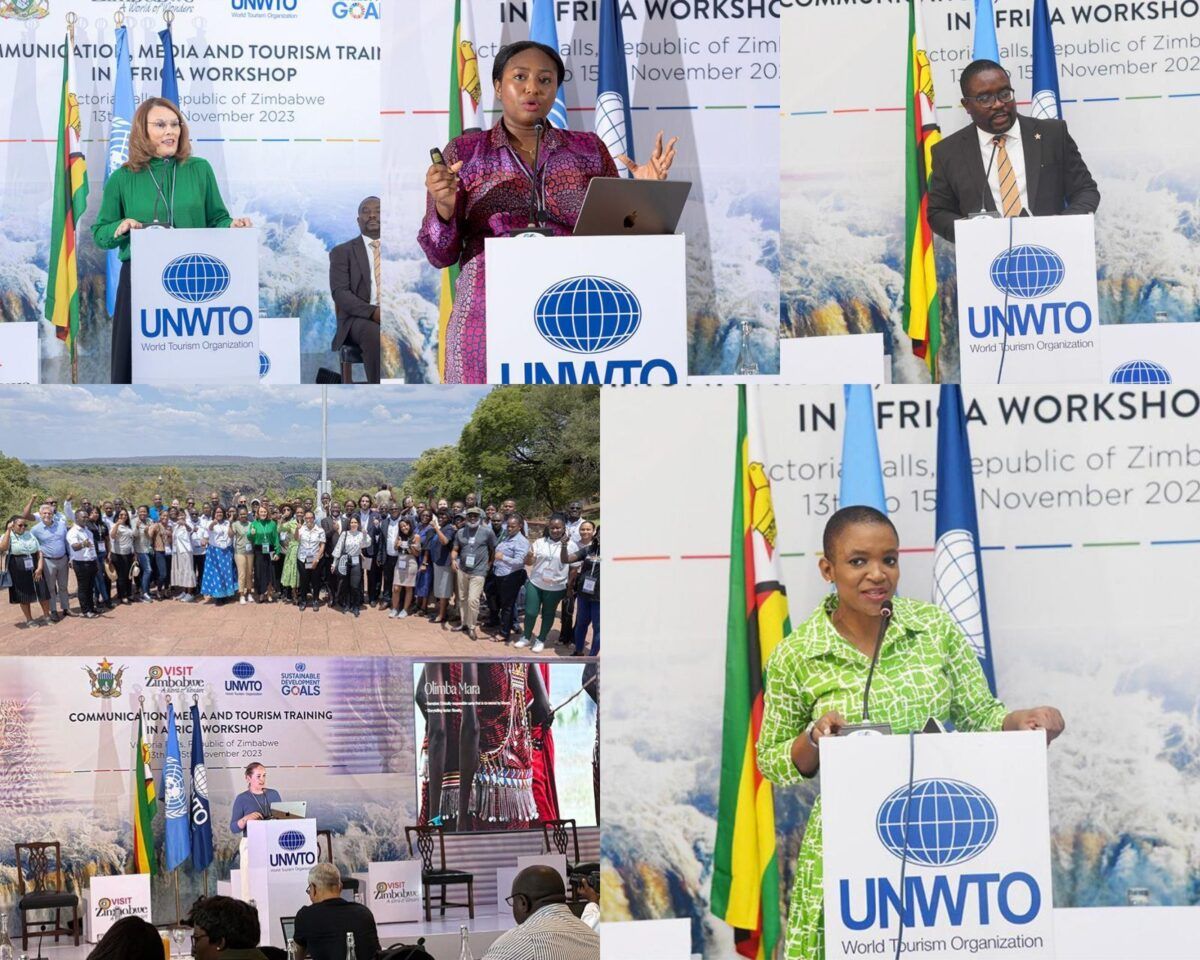In a significant move to drive sustainable tourism investments in the Americas, the United Nations World Tourism Organization (UNWTO) has further strengthened its cooperation with the Development Bank of Latin America and the Caribbean (CAF).
As part of their collaborative efforts, UNWTO organized the Seminar on Sustainable Investments in Quito, Ecuador, alongside its 68th Regional Commission for the Americas meeting. The seminar provided a platform for public and private sector leaders to explore the challenges and opportunities in the region’s tourism sector.
Recent data from UNWTO indicates a steady recovery in tourism across the Americas, with international arrivals reaching 86% of 2019 levels by the end of the first quarter of this year. This recovery is coupled with a revitalization of foreign direct investment (FDI) in the tourism sector. In 2021, registered investment projects in the region increased by 185% compared to 2020, amounting to a total value of 192.6 billion USD. Moreover, FDI surged to US$134 billion, marking a 56% year-on-year increase and reclaiming ground lost during the previous year.
To achieve the Sustainable Development Goals (SDGs) in the Americas, attracting investments that actively support their attainment is crucial. Therefore, establishing a robust multilateral regulatory framework to foster sustainable investments becomes a defining priority. The seminar in Quito aimed to address this by inviting tourism ministers, investors, multilateral funds, regional economic communities, tourism technology start-ups, and the media to share good practices and knowledge.
The seminar emphasized the importance of strategic frameworks that facilitate the climate of doing business in the region. These frameworks aim to safeguard, attract, and promote tourism investment projects to accelerate economic recovery and build resilience. Cooperation among stakeholders was highlighted as crucial for the application of sustainable investment frameworks, promoting job creation and innovative financing instruments. Additionally, regional cooperation plays a significant role in streamlining sustainable tourism investment mechanisms, using economic recovery and diversification instruments with multiplier effects.
The event witnessed the participation of esteemed representatives, including the Development Bank of Latin America and the Caribbean (CAF), fDi Intelligence of the Financial Times, the Inter-American Development Bank (IDB), and various investors and private sector organizations such as Hotel Jama Campay, WAYRA (Telefónica), IMPAQTO, UnTours, Maraey, Metropolitan Touring, GHL Hoteles, and the Confederación Panamericana de Escuelas de Hotelería, Gastronomía y Turismo. These stakeholders shared sustainable investment models in innovative infrastructure, contributing to the discussions and exchange of ideas.
The collaboration between UNWTO and CAF was announced in January 2023, with the aim of promoting and retaining investment in tourism across the Latin American and Caribbean region. As part of this partnership, UNWTO and CAF released the first edition of the investment guidelines titled “Tourism Doing Business.” The inaugural edition, “Investing in Ecuador,” showcases the favorable conditions and solid economic recovery post-pandemic in Ecuador’s tourism sector. The guidelines aim to attract foreign direct investment (FDI) by highlighting the country’s growth rate of 2.9% in 2022 and a 21.7% increase in FDI between 2021 and 2022. Furthermore, the partnership will develop tourism investment guides for five additional countries: Barbados, El Salvador, Panama, and Uruguay.
The strengthened cooperation between UNWTO and the Development Bank of Latin America and the Caribbean sets the stage for enhanced collaboration and increased investments in sustainable tourism across the Americas. By leveraging the region’s tourism potential, fostering economic recovery, and promoting the attainment of the SDGs, this partnership will play a pivotal role in shaping the future of the tourism sector in the region.













